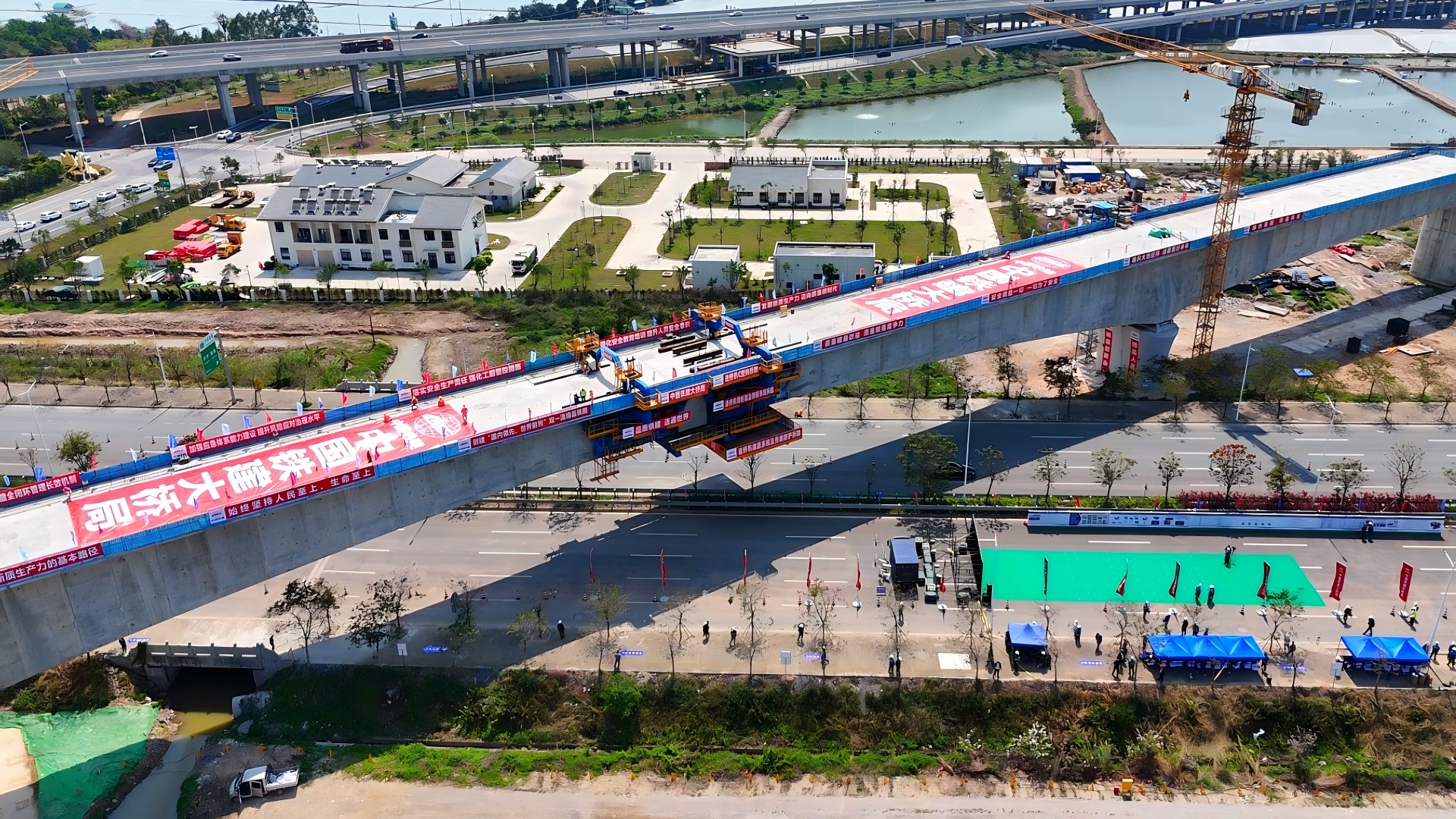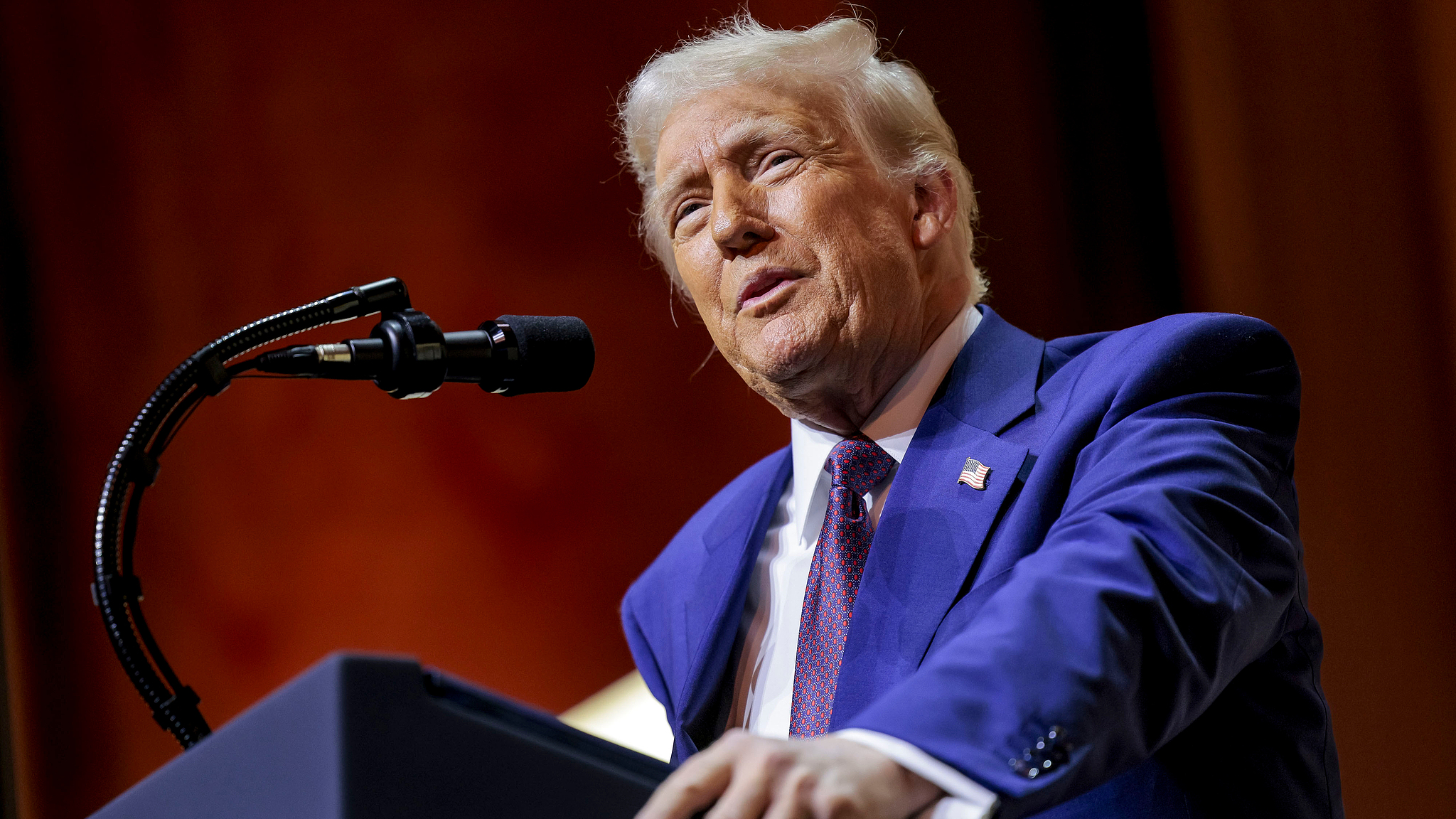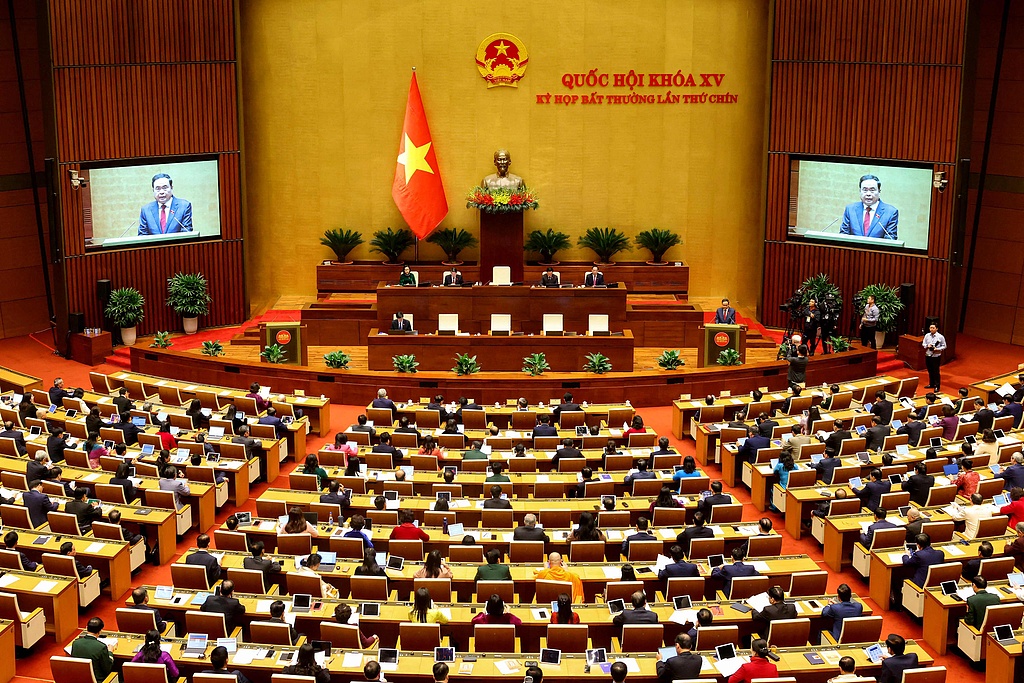Germans set to go to the polls with AfD helping shape agenda
German voters go the polls on Sunday in a snap federal election, called in the wake of the collapse of Social Democrat (SPD) Chancellor Olaf Scholz's three-party coalition, and playing out against the rise of the far-right Alternative for Germany and two external realities: the return of Donald Trump to the White House and the Ukraine crisis.
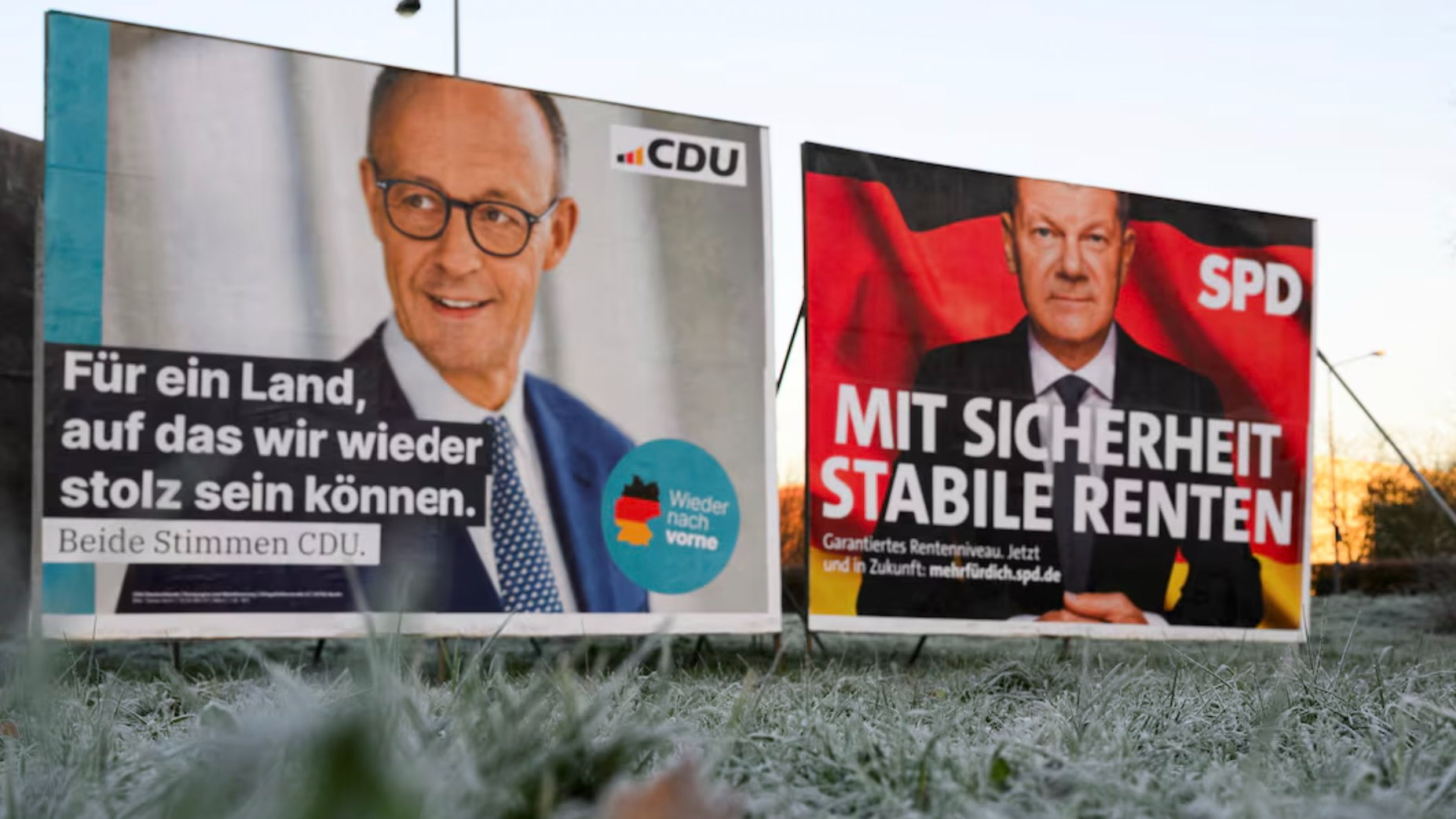
With immigration and the cost of living key issues among voters, and in the wake of a series of fatal attacks on the country's streets, two broadly centrist groupings, the center-left SPD and the conservative alliance of the Christian Democrats (CDU) and the Christian Social Union (CSU), are facing competition from several traditionally smaller parties.
The Greens and the far-right Alternative for Germany (AfD) have gained ground over recent years, while the pro-market Free Democrats (FDP), the far-left Linke and the leftist Sahra Wagenknecht Alliance (BSW) are also running candidates for parliament in this year's Bundestag elections.
What's dominating the debate?
The emergence of the AfD as a serious force in German politics has helped shape the campaign, putting issues surrounding immigration and asylum firmly on the agenda in this election cycle.
The far-right party has called for the broad deportation of migrants and the right of family reunification to be removed for asylum seekers, pushing the CDU/CSU alliance to propose permanent border controls and faster asylum rules, and the SPD to promise to speed up the deportation of failed asylum seekers if it returned to office.
Revitalization of the German economy, the largest in Europe but spluttering, has also been a central part of the election campaign.
The CDU/CSU alliance has promised to cut taxes and welfare spending in a bid to deliver growth, while the SPD wants to reform the debt brake – which limits government borrowing – to enable greater public spending, a position opposed by the AfD, and establish a 100-billion-euro investment fund.
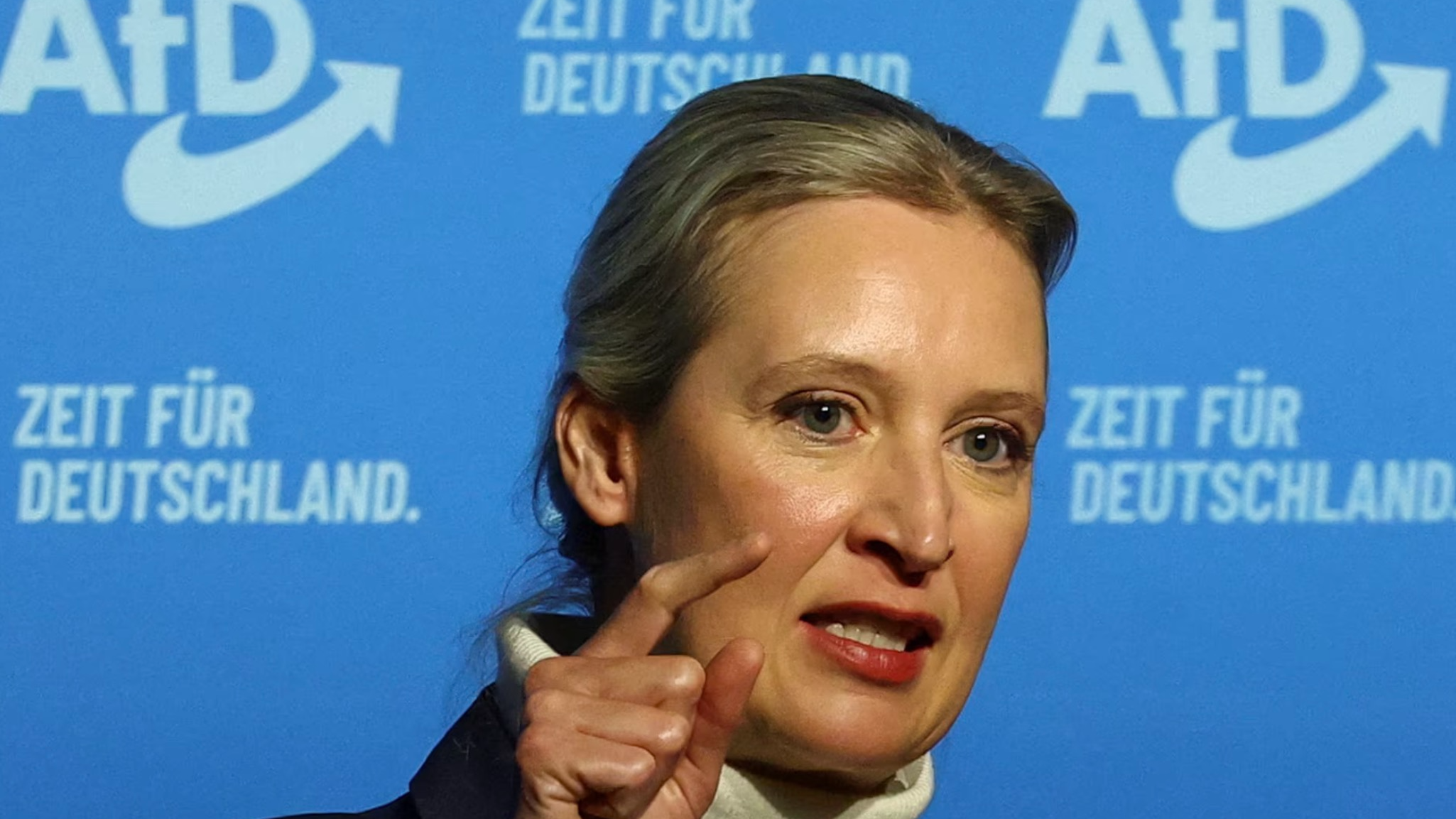
The Ukraine crisis is another major issue, with the more mainstream parties favoring stronger backing for Kyiv, and the AfD and BSW favoring withholding support and rebuilding ties with Russia.
The rise of the AfD is a point of intrigue inside and outside the country. The party has expanded its east German base to become a serious player in national politics in just 12 years, and has won interest from high profile figures in the Trump orbit, including Elon Musk and JD Vance.
The "firewall against the far-right," a commitment among mainstream parties not to deal with the AfD and similar parties, will likely prevent it from entering power in this cycle, though CDU leader Friedrich Merz did cooperate with AfD lawmakers recently to pass a bill related to immigration.
- China cruises past Japan to secure qualification for FIBA Asia Cup
- Exploring the Essence of Beauty: Li Xinhao
- ETHAI: Leading the New Era of Decentralized
- Copy of Matchain Update as of Jan 2025
- Movement Is on Fire—Is DeAgentAI the Next “Wealth Code”?
- Strategic Move: £100 Million Initial Investment, Abrdn Confident




